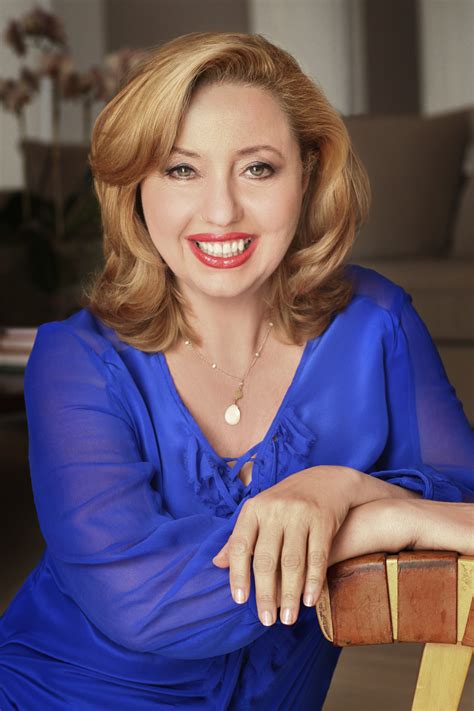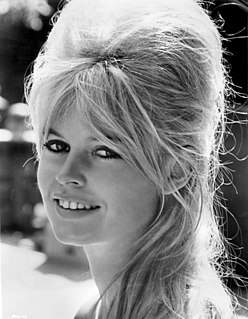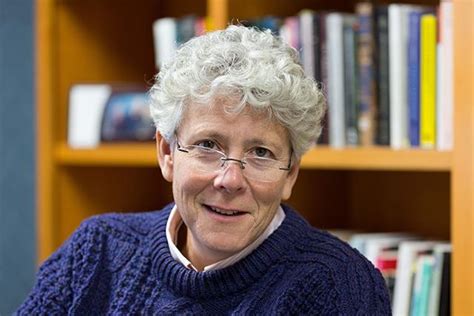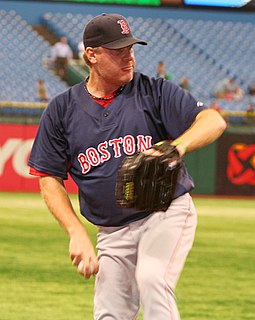A Quote by Simon Critchley
For me philosophy begins with these experiences of disappointment: a disappointment at the level of what I would think of as "meaning," namely that, given that there is no God, what is the meaning of life? And, given that we live in an unjust world, how are we to bring about justice?
Related Quotes
There are two forms of disappointment that interest me: religious and political disappointment. Religious disappointment flows from the realization that religious belief is not an option for us. Political disappointment flows from the fact that there is injustice - that we live in a world that is radically unjust and violent, where might seems to equal right, where the poor are exploited by the rich, etc.
The other side of my work is political disappointment - the realization that we are living in an unjust world. "Blood is being spilled in the merriest way, as if it was champagne," Dostoevsky says. That raises the problem of justice, what it might mean in an unjust world and whether there can be an ethics and a political practice that would be able to face and face down the injustice of the present. How might we begin to think about that?
I think the most important thing is how long do we stay in the disappointment. When my mother would see us wallowing in disappointment she would say, "change the channel." So I replace the disappointment with a new direction of where I wanted to go and how I wanted to feel. Also, when something isn't coming my way, I believe it was not meant for me.
What do I know about God and the purpose of life? I know that this world exists. That I am placed in it like my eye in its visual field. That something about it is problematic, which we call its meaning. This meaning does not lie in it but outside of it. That life is the world. That my will penetrates the world. That my will is good or evil. Therefore that good and evil are somehow connected with the meaning of the world.The meaning of life, i.e. the meaning of the world, we can call God. And connect with this the comparison of God to a father.
Above all else, philosophy ought to aim for clarification - of the self, one's place in the world, and the ways we make meaning. Philosophy, when practiced well, can be useful. It can enable us to grapple in productive ways with questions about the meaning of life and who I am and how I want to be in the world.
let us thank God for having made us this gift of death, so that life is to have meaning; of night, that day is to have meaning; silence, that speech is to have meaning; illness, that health is to have meaning; war, that peace is to have meaning. Let us give thanks to Him for having given us weariness and pain, so that rest and joy are to have meaning. Let us give thanks to him, whose wisdom is infinite.
The Bible talks about how God uses difficult situations to develop our character and get us stronger. The death of my father is probably the biggest thing that I ever faced. Daddy and I were best friends. But out of that darkness, out of that disappointment in my life, that's what God used to push me into another level of victory or another level of ministry that I never knew I had.
Humans impart meaning and purpose to almost all aspects of life. This sense of meaning and purpose gives us a road map for how to live a good life. This guidance emerges spontaneously from the interactions of human beings living in societies and thinking together about how best to get along. It doesn't require a god or sacred text.






































